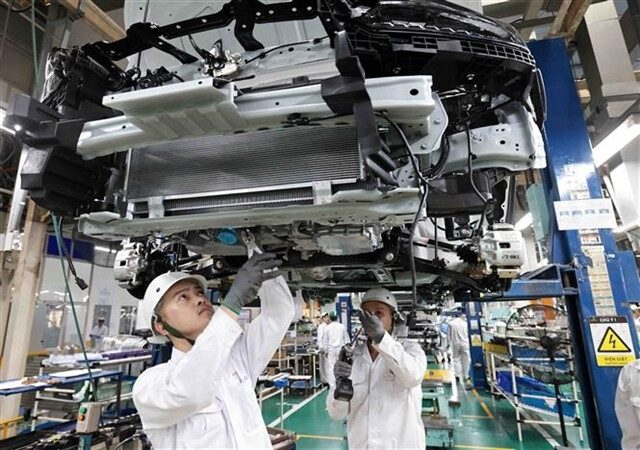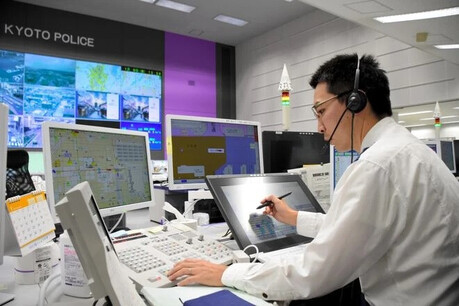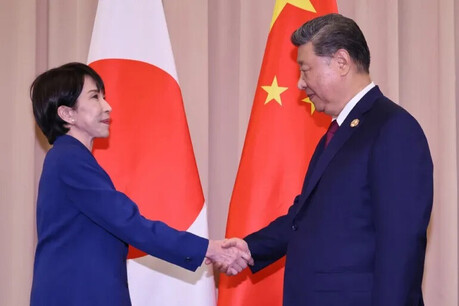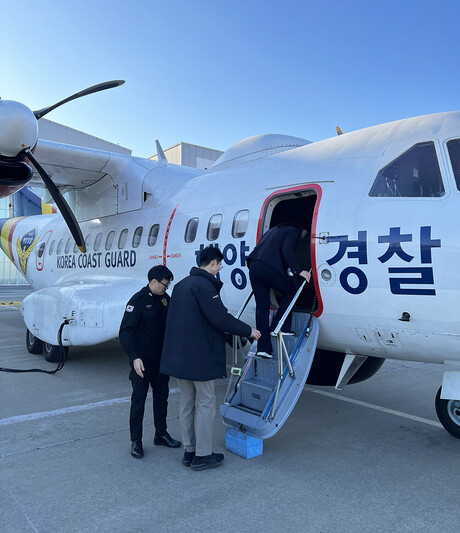
Hanoi - Despite boasting 377 automobile enterprises, including numerous foreign direct investments (FDIs), Vietnam's automotive industry heavily relies on imports, sourcing around 80% of its production components. This reliance, according to local experts, hinders the industry's competitiveness and necessitates urgent strategies to increase the localization rate.
Currently, the production value of Vietnam's automotive supporting industry constitutes a mere 2.7% of the overall industry value, significantly lagging behind regional standards. The limited number of local suppliers – fewer than 100 tier 1 and 150 tier 2 and 3 – further exacerbates this issue.
"The focus on long-term strategies to foster a stronger local supply chain will be crucial for Vietnam to position itself as a competitive player in the global automotive market," emphasized Lê Ngọc Anh, Director of VinFast.
Challenges and Opportunities
One major challenge stems from the discrepancy in corporate tax rates. While local enterprises face tax rates starting at 25%, foreign companies enjoy a lower 10% rate, creating an uneven playing field.
However, VinFast, a leading Vietnamese automaker, is spearheading efforts to enhance localization. With a current localization rate exceeding 60% for electric vehicles, the company aims to increase this to 84% by 2026. This includes producing key components like seats, wiring, and brake-steering systems domestically.
Collaboration and Innovation
VinFast is actively collaborating with both domestic and foreign enterprises to strengthen the local supply chain. This includes partnerships with domestic parts manufacturers, logistics providers, and FDI companies possessing advanced technologies and management practices.
"VinFast's efforts contribute to building a robust ecosystem that supports sustainable economic growth in Vietnam," stated Dr. Bùi Quang Tuấn, an economist.
Conclusion
Increasing the localization rate is crucial for the sustainable growth of Vietnam's automotive industry. By fostering a strong local supply chain through collaboration, innovation, and favorable policies, the country can enhance its competitiveness in the global market and drive economic development.
[Copyright (c) Global Economic Times. All Rights Reserved.]





























